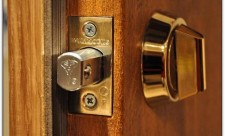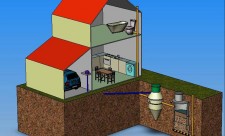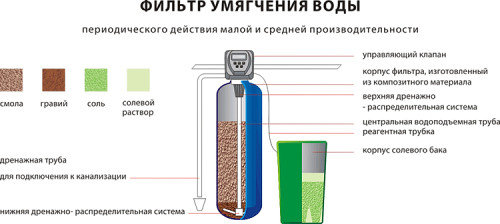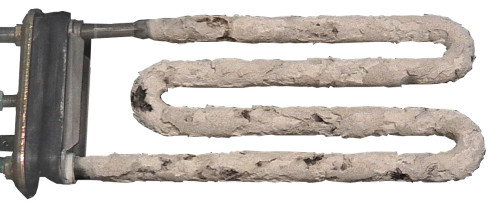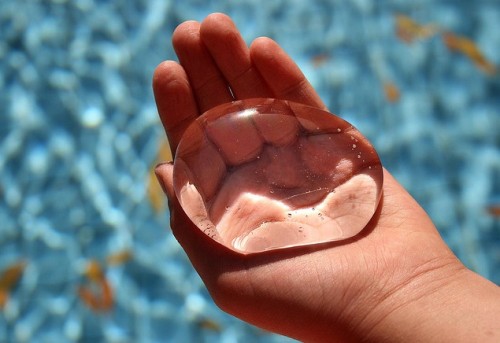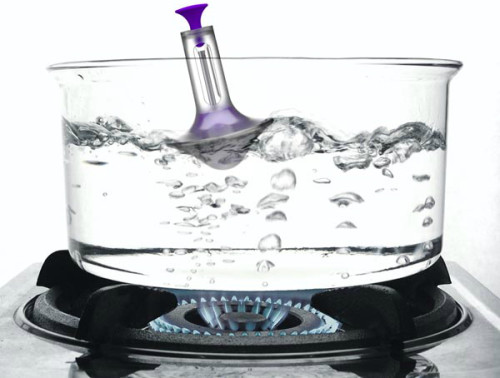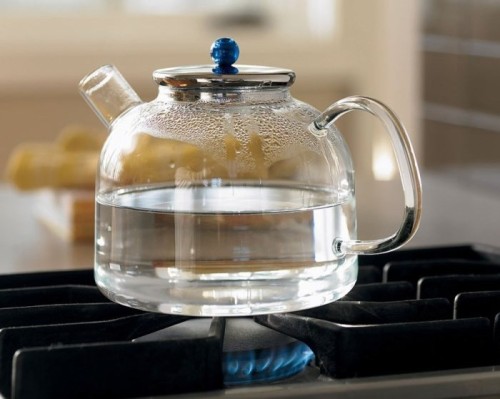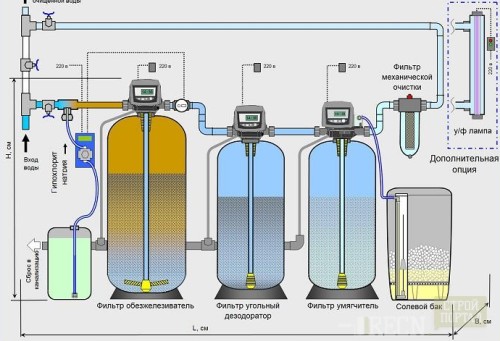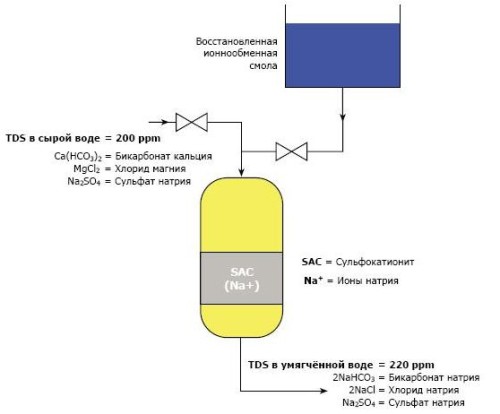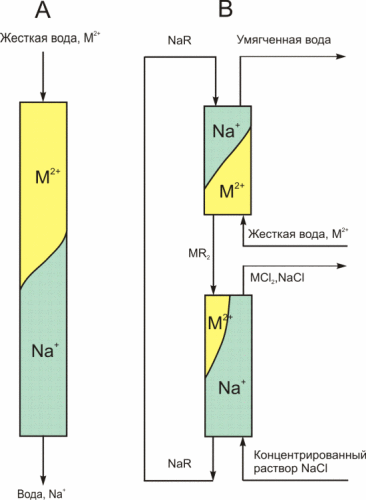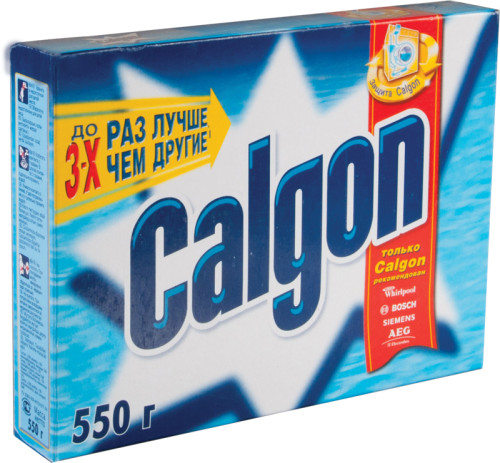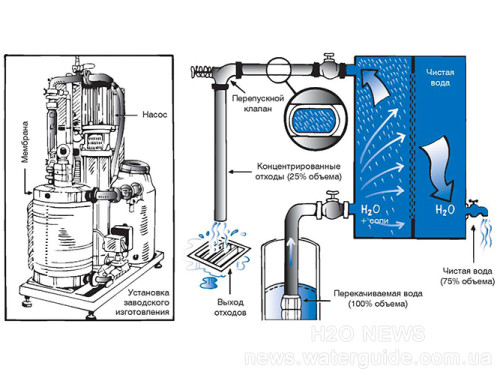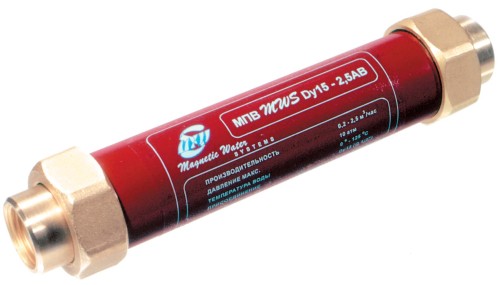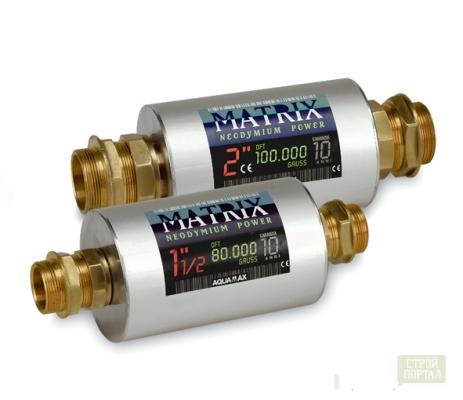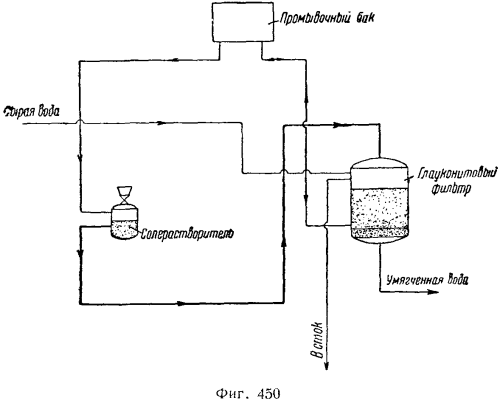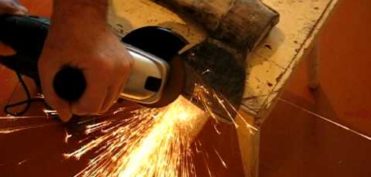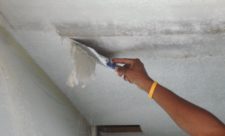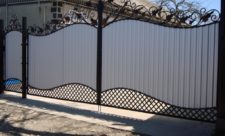
Water softening methods Useful advice
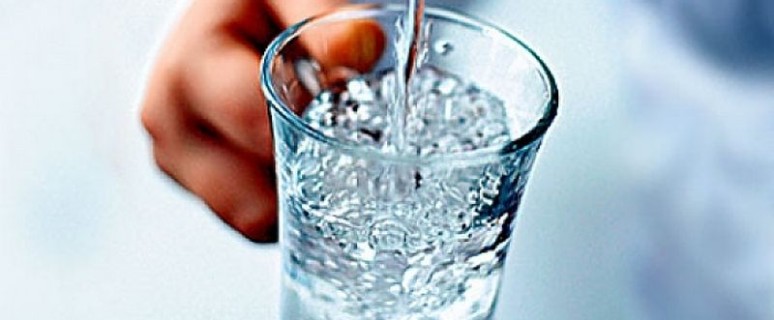
The quality of drinking and tap water, which we use for consumption, cooking, washing and hygienic procedures, sometimes leaves much to be desired. In any water contains salts and harmful elements, which makes it tough.
Content
This problem is relevant not only for apartment inhabitants, but also for owners of cottages and cottage houses with autonomous water supply, for example cottage settlement in Krasnodar. If you broke through the well or dug the well, water, though it will be tastier, but the percentage of salts in it can be significantly higher than the norm. Therefore, it is so important in time to apply the necessary methods of water softening, which you will learn from this article.
What is the rigidity of water and what it happens?
Under the rigidity of water, the totality of its chemical and physical properties is meant, the level of content of dissolved salts, predominantly calcium and magnesium (T. called "alkaline earth metals"). Distinguish such degrees of hardness:
- temporary (carbonate) , in which in water there are salts of magnesium and calcium bicarbonates;
- permanent (necarbonate) , For which other impurities that are not distinguished by boiling water - sulphate, chloride and nitrate anions are characteristic.
To determine stiffness, such a unit is most often used as a milligram equivalent to a liter (MG-EQ / L). There is such a classification of water:
- rigid - from 6.0 mM-eq / l;
- average rigidity - in the range from 3.0 to 6.0 mg-eq / l;
- soft - up to 3.0 mM-eq / l.
Important! The optimal rigidity rate of drinking water, on the norms of the World Health Organization (WHO) - 1.0-2.0 mM-eq / l.
Why do the softening of water?
The use of rigid water has the following negative consequences:
- Low flavoring characteristics. Water, as a rule, is bitter, sometimes has a pronounced metal taste.
- Deterioration of product quality. Rigid water during storage causes salting loss. This may be like bottled water and the one that is used for the manufacture of juices, beer, vodka. Often, dries remain on the walls of the bottles, which are difficult to launder even with the use of special means. Therefore, it is so important to regulate the rigidity of water used in the food industry. The recommended indicator here is 0.1-0.2 mM-eq / l.
- Negative effect on the body and human health. Regular use of water with a high salt content can lead to problems in the work of the digestive and urine organs.
- Surveys of skin. If you have after water procedures - the adoption of the shower, bath, wash and washing the head arises a feeling of pulling and dehydration of the skin, the reason for this may be not only used personal hygiene products (soap, gel, foam), but also rigid water. She leaves a bloom on her hair and skin and creates an unpleasant feeling of "hardness".
- Greater detergent consumption. When washing the salts contained in water, actively interact with surfactants (surfactants) of washing powders and bind them. As a result, you have to use much more than the powder rate, which is prescribed in the instructions. In addition, rigid water harms fabric structure.
- Conclusion of household appliances. Singing in the form of scale on the walls or heating elements of electric kettle, washing machines, boilers, excess salts very often leads to their breakdowns. When the tight water is heated by about 15-20%, the number of electricity consumed is increasing.
- Place on plumbing and surfaces. It can be laid inside and outside water taps, on a tiled tile, in a toilet bowl and gradually destroys them. Clear scale is very difficult and view it has unattractive.
- Harm to industrial systems. They accumulate in the pipelines and at the surface of heat transfer equipment, hard water salts can permanently damage them. The presence of salts also reduces the heat transfer coefficient, increase energy expenditure and fuel consumption.
Important! Given these facts, hard water is required to soften. Picking the appropriate filter for water softening, you will ensure the correct operation of household appliances and maintain your health.
Methods Water softener
There are several options of how you can make a softer hard water:
- Ion.
- Reagent.
- Magnetic.
- Thermal.
- Membrane.
- Electromagnetic.
- Combined.
Important! Choose your the one that best fits your financial possibilities, functional purpose and, therefore, would be the most appropriate.
thermal method
This method involves most frequently used for the treatment of household water boiling conditions. When heated to a temperature of 100 ° C complex chemical elements - hydrogen carbonate and calcium sulfate, disintegrating.
Advantages:
- The simplicity of the procedure.
- Not having to purchase and subsequent care of special equipment for filtering.
Disadvantages:
- This method is not suitable for water softening in large quantities.
- After treatment with water formed a precipitate which must be removed.
Ion-exchange water softening
This method - one of the most popular to date. The principle of treatment fluid is in its filtration through materials comprising a fine resin for softening water. As a result, ion exchange (sodium substitute elements excess calcium and magnesium).
Important! When you install such a system necessary to perform its regular updating, as the number of ions decreases with time. Make it most often using a salt solution which is passed through the spent resin layer.
Types of ion exchange water softening systems
Depending on the intended volume of water, prefer a more suitable embodiment:
- economical bulb housing in which crystals and backfilled as required are changed to new ones;
- cartridge for water softener - replaceable element, which is installed in the filter is not subject to renewal, only replaced by a new one;
- regenerative filters complicated constructions - in such systems automatically updated resin properties as needed.
Advantages:
- High performance.
- Good softening quality.
- Long validity.
- Minimum participation in the update process.
Disadvantages:
- High cost of filters of the last type.
- The need for personal control and regular expenses for the purchase of raw materials to refuel the flask or reinstall the cartridge.
- Water is suitable for household needs, but not for cooking or drinking.
Reagent methods
This category includes several methods that depend on the type of substance used. Principle of operation - replacement or dissolving hard elements softer. For this purpose, such options are suitable:
- soda + salt;
- lime;
- lime + soda;
- salt for softening water;
- synthetic splitters.
Important! The latter are used to greater extent to protect household equipment (dishwashers, washing machines) from the adverse effects of tough water. By efficiency and accessibility, the most popular is "Calgon".
Advantages:
- High purification and water softening.
- Muddy and harmful impurities are removed.
Disadvantages:
- The formation of processing products in the form of solid particles.
- The need to maximize the dosage compliance.
- Such water is unsuitable for drinking. Exception - water after softening with a soda or saline reagent.
- Compliance with special storage conditions of reagents to ensure the safety of all households, minimum - a separate place.

Membrane water softening
This method suggests the pressing of hard impurities under pressure. For this, the pressure indicator is 3-4 atm. and the semi-permeable membrane on which all the harmful elements are settled.
Advantages:
- The installation of such a filter for water softening allows you to obtain high degree of cleaning water - almost distilled.
- Removing all unwanted impurities, and not just those affect directly on rigidity.
Disadvantages:
- The need to create an overpressure in the water supply system at least the specified norm.
- Additional mineralization is required to make water suitable for drinking.
- High cost system and replaceable consumables.
Magnetic softening of water
The principle of operation of the magnetic field to filter water is based on the loss of the ability of heavy salts to be laid on the walls and any other surfaces. Special magnets are attached directly to the plumbing, attract all salt and metallized particles in water, then removed into a special sump, where they accumulate.
Advantages:
- High-quality softening with low load intensity.
- The possibility of cleaning household appliances and pipelines - magnets contribute to the effective removal of already formed by scale and rust.
- Reduced electricity consumption.
- Extending the operation of heat exchangers in autonomous water heating systems.
- Improving the performance of any system, such as dishwasher or washing machine.
Disadvantages:
- Requires the direct participation of a person during the operation of the system. Large pieces of plaque and clusters are required to regularly remove so that they do not fail the equipment and did not contribute to the further pipeline blocking.
- With severe rigid water, there is a weak effect.
- The range of magnets is limited.
- High price.
Important! Improved version - electromagnetic systems that are slightly higher in efficiency and require less person's attention, as the removal of heavy particles occurs immediately into the sewer. But they cost at the moment even more expensive than ordinary magnetic water softeners, respectively, not everyone is available.
Combined water softening
The name of the method indicates the main principle of choosing a suitable system for softening water at home. This is a combination of several methods described above for maximum benefit.
Advantages:
- Obtaining ideal quality water for specific needs.
- Preventing the blockage and destruction of water supply systems and failure of household appliances.
Disadvantages:
- Horregious.
- The combination of disadvantages of each individual system.
- A professional approach is required when combining systems, which entails additional expenses for the payment of services of specialists.
Installation of water softener - video
Conclusion
Now you know how to soften water at home, all the pros and cons of each method. Which option to give preference is to solve you. But remember that if you really have hard water in a water supply or well, you should not ignore such a procedure. Enjoy the support of specialists to clarify the quality characteristics of water and possible methods of correcting the situation. Only so you can be sure that your health does not harm.

